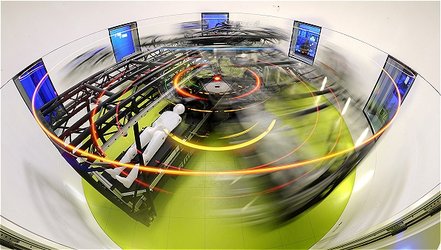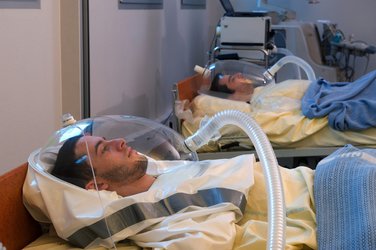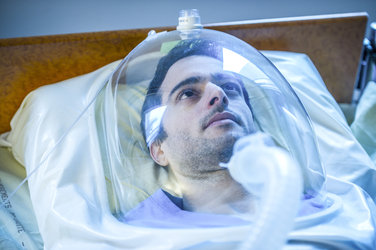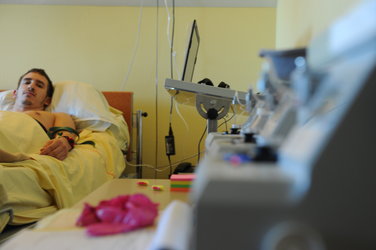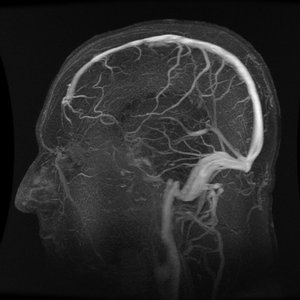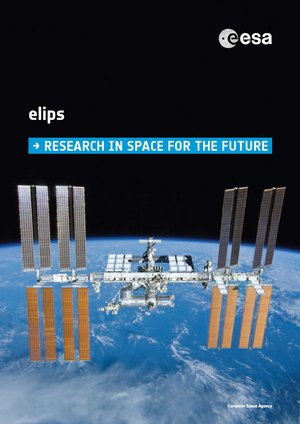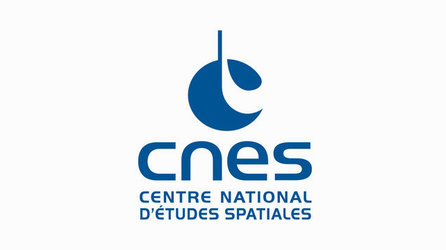Enough lying about
ESA’s volunteers recently finished their third and last session lying in bed in the interest of spaceflight and science. They can return to their normal lives after spending their last 21 days in bed with their feet up – once their bodies have recuperated from the experience.

When astronauts return from a long flight they can need days for their bodies to recuperate from the effects of living in weightlessness. Bedrest studies recreate some aspects of spaceflight to allow scientists to probe how their bodies react and test methods for keeping future astronauts fit and healthy.
This latest study, held in Toulouse, France, tested a high-protein diet and an exercise routine that involves pushing the volunteers down onto vibrating plates while doing upside-down squats.
Resting in bed and getting paid for it might sound like an ideal job, but bedrest puts a huge strain on the participants as they submit themselves to days of monotony, constant tests and a strict diet without being allowed to get up for a walk, fresh air, a shower or even the toilet.
“The first days of each session were the worst,” says Marc Marenco. “The body needs to adapt and I had migraines and backaches."
In return, the ‘pillownauts’ can feel proud of their contribution to the science of human space exploration as well as helping bedridden people on Earth.

“We are a reference for many articles, I think the data will help scientists move a step further in their research,” explains Daniel Fandino, who works in a bar when not lying down.
Just like real astronauts, the pillownauts had to spend time readjusting to upright life in Earth’s gravity as well as finishing tests before they could return to normal life.
Researchers will now study the data from the experiments. The study was organised by ESA in cooperation with France’s CNES space agency and run at the MEDES clinical research facility in Toulouse.




